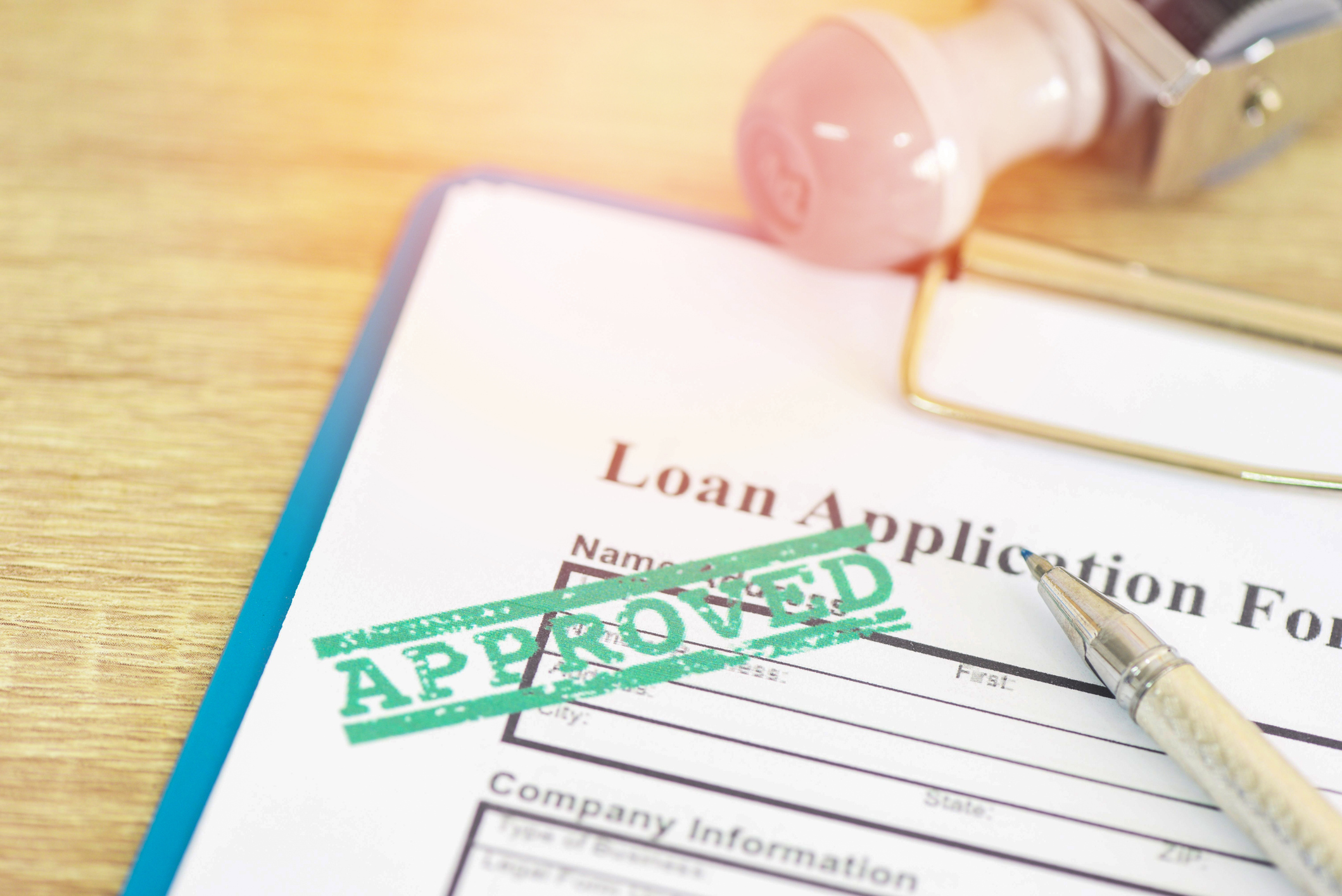Learning how to build business credit fast is less crucial than learning how to build business credit at all. While building any credit, whether personal or business, takes time, there are several steps you can take to help speed up the process somewhat. More importantly, taking the following steps ensures you stay on the right path to a solid business credit score in both the short and long terms.
What is Business Credit?
Similar to your personal credit score, your business’s credit history and scores reflect its creditworthiness. Additionally, business credit can signal your company’s overall strength to a lender. Business credit considers several factors, including the types and amounts of debts your business has, whether or not debt payments are made on time, the amount of available credit, and utilization amounts.
How Does a Business Credit Score Differ From a Personal Credit Score?
Personal credit scores and business credit scores are similar in that they measure creditworthiness. However, they differ in a couple of ways.
Personal credit is measured by your FICO score and your VantageScore in a range from 300 to 850. Your FICO or VantageScore includes information regarding the amount of credit you have available, how much of that credit you use, how many open and closed accounts you’re associated with, how well you pay back borrowed money, and other historical data reaching back several years. Your personal credit score is more private than a business credit score.
Your business’s credit score is similar. However, it reflects those factors as they relate to the business and is completely separate from a personal score. Your business’s credit score will also include detailed company information, and anyone can look up any business’s credit score.
There are three primary business credit bureaus: Dun & Bradstreet (D&B), Experian, and Equifax. Each measures business credit slightly differently. Dun & Bradstreet and Experian generally use a 0 to 100 rating, while Equifax uses three different scores ranging from 101 to 992.
Is Building Business Credit With Bad Personal Credit Possible?
It’s possible to build business credit with bad personal credit, but it can be challenging. In most cases, business and personal credit scores are kept separate. However, some lenders may look at both scores for an individual operating a small company, especially sole proprietors, to determine overall creditworthiness.
There are many private business lenders that don’t require a business credit score and rely only on personal credit histories. However, private lenders, some of which offer business loans of 100K or more, sometimes only report to personal credit bureaus, which doesn’t help to build a business credit score. Obtaining a business secured credit card is also an option.
It’s typically a good idea to pursue a business credit score separately from a personal credit score. However, improving your personal credit score, perhaps with the help of a personal loan based on your credit score, can go a long way toward building your business score.
Related Article: The Best Colorado Springs Business Loans
What Is a Good Business Credit Score?
The most common business credit is the Dun and Bradstreet PAYDEX Score. A good credit score is between 80 and 100. Your business’s D&B PAYDEX Score is a 0 to 100-point system that reflects information about your company, its creditworthiness, credit limit recommendations, and the likelihood that your business will fail or fall behind in paying debts.
In general, PAYDEX Scores are divided into high-risk (0-49), medium-risk (50-79), and low-risk (80-100) categories. The score is divided further based on the number of days before or after the due date that your business pays its debts on a rolling 12-month basis. The higher your business’s PAYDEX Score, the easier it will be to obtain more credit.
Is Building Business Credit Fast Important?
Building business credit quickly is far less important than building business credit properly. Having a solid business credit score over time will help your business access capital funds that you may not be able to obtain with just your personal credit score. Meanwhile, having a poor business credit score will heavily limit the company’s ability to receive more credit.
How to Build Business Credit Fast in 11 Steps
While building business credit well is better than building it fast, there are benefits to creating a solid business credit score as soon as possible. Here’s how.
1. Legitimize Your Business
While it’s likely that you’ve already chosen a business structure and registered with your state, if you haven’t already, that’s the first step. Decide whether your business will operate as a sole proprietorship, LLC, partnership, S-corp, or other business type. Register your business with the state and secure your company’s name. Additionally, contact the IRS to obtain an employer identification number (EIN).
2. Obtain a Business Bank Account
Using the documentation from your state registration and EIN, open a business banking account with a local or online banking institution. Your business will use this account to manage funds and pay debts.
3. Get a DUNS Number
While Equifax and Experian will generate a business credit score for your business when you start performing transactions with the business bank account, you’ll need to register with Dun & Bradstreet to obtain a DUNS number and start developing a PAYDEX Score.
4. Obtain and Manage a Business Credit Card
Obtaining a business credit card in your company’s name isn’t a requirement for any business. However, getting one can provide benefits to your company, such as cashback on business-specific spending and simplified bookkeeping. More importantly, making business credit card payments on time and maintaining a low balance are relatively quick ways to begin developing your business’s credit score.
5. Buy Now Pay Later
Now that your business credit score is starting to take shape, talk to your vendors and suppliers about extending credit or credit accounts for goods and services. Net 30 accounts are excellent for establishing business credit. However, ensure your creditors report your good paying habits to D&B and other business credit bureaus.
6. Network
An often overlooked method for how to build business credit fast is networking. While often considered to be a function of marketing professionals, getting your business name out there and talking to others with similar established businesses can open your company up to borrowing, trade line, and credit avenues you may not otherwise run across.
7. Talk to an SBA Loan Expert
Some SBA lenders will require an established business to have a business credit score in addition to a personal credit score. For more information, consult an SBA Loan specialist company, such as Yes Financial Services. An SBA loan expert can help guide your business from its early stages to help qualify for serious capital access as efficiently as possible.
8. Mind Your Payment Due Dates
With your business credit card and vendor accounts in place, make a spreadsheet or other financial calendar to ensure you make debt payments on time every month, week, day, or whatever.
9. Apply for Financing
Apply for a business loan. If your business isn’t in need of funding, consider taking out a loan in its name just for the sake of building business credit. Lending marketplaces, such as LendingTree offer a wide range of options. However, ensure your creditor reports to business credit bureaus for maximum effectiveness.
10. Monitor Your Business Credit Progress
Just like your personal credit score, keeping an eye on your business credit details through apps or by checking with business credit bureaus on a regular basis is crucial. Watch for both positive and negative changes and address any problems immediately. Consider reducing your personal debt using a balance transfer card or personal loan.
11. Request Credit Limit Increases
Once your business has started to generate a solid business credit score, increasing the amount it can borrow can open new doors. While some credit cards, suppliers, and vendor accounts accept credit limit increase requests, many don’t. In cases where requests aren’t allowed, prove to the lender that your company can handle an increased limit by using nearly all of the available credit and paying off the balance each month.

